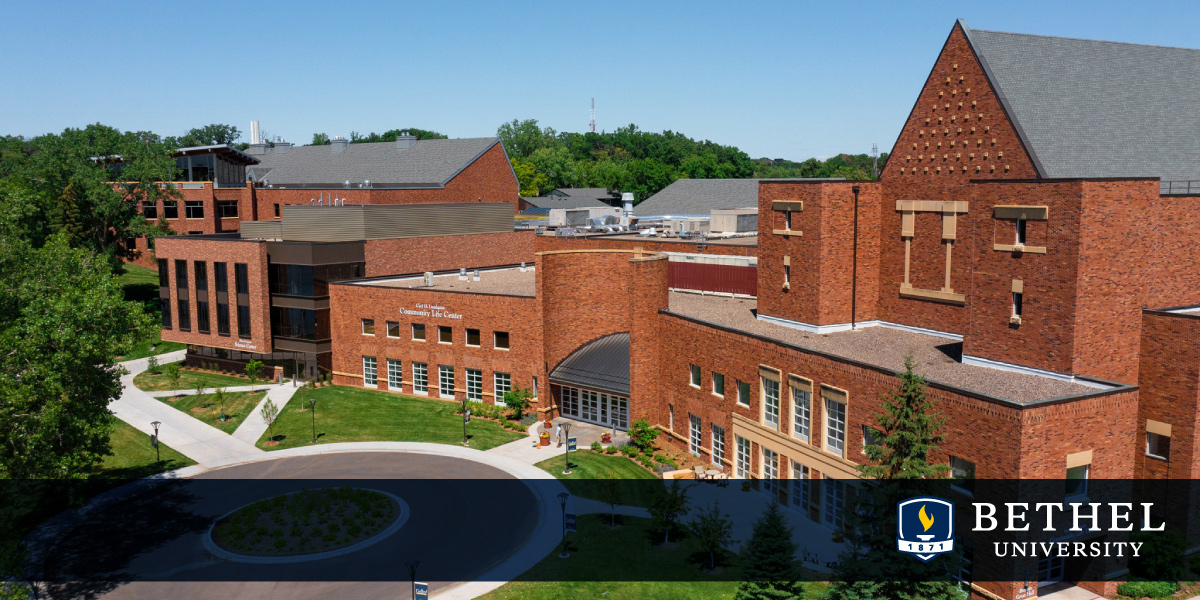
“To boldly go where no one has gone before.”
These are the voyages of Aaron Coe ’19, a physics and computer science alumnus who has already made valiant advances into the world of the unknown, despite graduating only a year ago. While he is more of a Star Wars fan, he certainly resonates with Star Trek’s iconic call to adventure—one that he hopes to pursue through a life dedicated to researching condensed matter physics.
In 2019, Coe was awarded the Swedish Council of America’s (SCA) Glenn T. Seaborg Science Scholarship, which included a trip to Nobel Week to present his own research as well as absorb the research of some of the brightest minds in science. Coe is currently working toward a Ph.D. in condensed matter physics at Harvard. He recently received the 2020 National Defense Science and Engineering (NDSEG) Fellowship, which covers three years of full tuition and fees, a monthly stipend for cost of living, a travel budget, and health insurance. The award has a five to 10 percent acceptance rate and allows him to focus on the research side of his Ph.D. without funding concerns for the next few years. While Coe enjoys teaching, the fellowship is a gift of time that can now be spent fully absorbed in research.
Though a Harvard degree opens a myriad of possibilities, Coe’s greatest love will always be research. The opportunities to discover something will always exist at his fingertips, and living on the brink of the unknown is fulfilling to Coe as he considers everything his future might hold. “I am resolute that my career continues to lie in research,” Coe affirms. “Research is an extraordinary opportunity where you can create or learn things humanity has never observed or thought of before.”
Condensed matter physics may sound like a foreign language to some, but this specific field of science refers to the particles that compose matter and their various properties. Taken to one extreme, researchers study the substance of science fiction—like teleportation and particles that can sense being observed. And while that kind of research fascinates Coe, he explains that he spends most his time working with electrons to create new electronic devices that may change humanity’s computational abilities beyond our current scope of understanding.
Coe acknowledges that science fiction is just that: fiction. However, he lives in the intersection of what could be and what already is, and that overlap informs his dreams. “My long-term goal is to found my own technology company, creating products that help people and improve the environment,” Coe says. “I find it both thrilling and rewarding to work on research with likely applications and industry involvement—which seems well-suited to bring me to the sweet spot of fundamentals and applications.”
This sweet spot between theory and application—between textbooks and real-life—is exemplified in Coe’s faith as well. He lives by the belief that “faith without works is dead” according to the book of James. This attitude is rooted in his faith and shapes how he perceives God along with how he has determined what he has been created to do, especially since he could easily survive isolated in a lab. Rather, he intentionally shares his strengths with his community. While he was a Bethel student, he spent time with middle schoolers in hopes of instilling his love and curiosity of science into their forming dreams, and he currently judges middle school science competitions. Coe also provided career advice for a joint workshop between the Harvard Physics Department and the Women+ of Color Project, which supports women of color who are pursuing careers in STEM. He expects to get more involved with similar organizations or projects within his graduate community.
Coe values this emphasis on community because the Bethel community has shaped and supported him through every step his journey—from celebrating his curiosity in his freshman physics classes to his professors writing letters of recommendation for his NDSEG Fellowship application. And while his community rooted for him, his physics and computer science classes prepared him for the intense learning curve in grad school. “In graduate school, I am surrounded by intense students like myself who spent every summer performing research, but their experience is more narrowly focused on specific research topics,” Coe says. “Meanwhile, because I had to perform a lab for nearly every physics class at Bethel, I find that I generally possess more knowledge beyond my specific field, which has been extremely useful as research often requires understanding techniques from multiple fields in physics.”
Coe’s favorite Bethel memory is all about community. Coe was invited to President Jay Barnes’ office to receive the SCA Glenn T. Seaborg Science Scholarship, which was a complete surprise to him. He opened the door, with a Bethel Marketing and Communications videographer following him, to find the office filled with his physics professors, President Barnes, and Gregg White, the executive director of SCA, ready to celebrate. Coe’s support system could not have been prouder of him.
from WordPress https://ift.tt/37WBpor
via IFTTT
Comments
Post a Comment